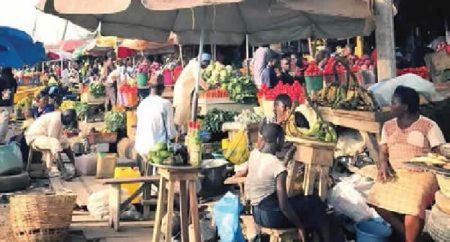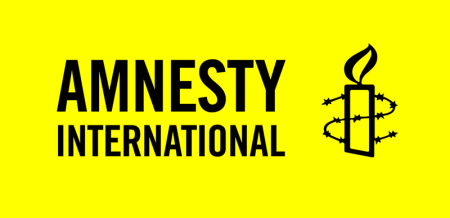The Anambra State Government has implemented a ban on the practice of writing assignments directly within textbooks. This measure aims to promote the reusability of textbooks, particularly benefiting younger siblings who can inherit them as they progress through their education. The ban forms part of a broader governmental strategy to alleviate financial strain on families while simultaneously enhancing the quality and sustainability of education within the state. This initiative recognizes the significant cost associated with purchasing new textbooks each academic year and seeks to offer a more economically viable approach. By ensuring textbooks remain clean and usable for subsequent students, the government aims to reduce the financial burden on parents and guardians, thereby facilitating access to educational resources for a wider range of students.
The policy reinforces the government’s commitment to equitable education, emphasizing the importance of resource optimization and cost-effectiveness. Commissioner for Education, Prof. Ngozi Chuma-Udeh, articulated the underlying rationale for this ban, stating that it aims “to make textbooks reusable, especially for younger siblings of pupils who would need them when they advance to the next class.” This statement underscores the practical benefits of the policy, highlighting its direct impact on families with multiple children attending school. The Commissioner also emphasized the need for textbooks to be inclusive, reflecting diversity, equality, and the individual needs of all learners. This suggests a broader review of textbook content to ensure it caters to a diverse student population and promotes a more inclusive learning environment.
The Anambra State Government expects full compliance with this directive from parents, teachers, and school administrators. The ministry urged stakeholders to report any instances of non-compliance, indicating a serious commitment to enforcing the ban and ensuring its widespread adoption across the state. This proactive approach signals the government’s determination to address potential challenges and maintain the integrity of the policy. By soliciting the active participation of stakeholders in monitoring compliance, the government aims to establish a system of accountability and ensure the effective implementation of the textbook preservation initiative. This participatory approach also fosters a sense of shared responsibility among all those involved in the education sector.
In a related move to further alleviate financial pressures on families, the Anambra State Government has also clamped down on what it terms “incessant and unnecessary graduation parties,” particularly for nursery and primary school students. The government responded to concerns raised by parents regarding the financial burden associated with these celebrations. Commissioner Chuma-Udeh highlighted that these events had become “an avenue for financial exploitation by some school owners.” This statement suggests that the parties had, in some cases, deviated from their intended purpose of celebrating student achievement and had become a source of undue financial pressure on parents.
The government’s stance reflects a concern that the escalating costs of these parties were undermining the principles of accessibility and affordability in education. The Commissioner emphasized the importance of education as a “divine call” and cautioned against its exploitation for financial gain. This perspective underscores the government’s commitment to ensuring that education remains accessible to all students, regardless of their family’s financial circumstances. The ban on extravagant graduation parties aligns with this broader objective by removing a potential financial barrier to participation in the educational system.
The combined actions of banning writing in textbooks and restricting excessive graduation ceremonies demonstrate the Anambra State Government’s multifaceted approach to improving the educational landscape. By addressing both the cost of educational resources and the financial burden of extracurricular activities, the government aims to create a more sustainable and equitable educational system. This dual strategy signals a commitment to both the quality of education and the financial well-being of families within Anambra State. The government’s emphasis on compliance and its call for stakeholder participation indicate a resolve to ensure these policies are effectively implemented and achieve their intended outcomes. These initiatives collectively represent a significant step towards creating a more accessible, affordable, and sustainable educational environment for all students in Anambra State.














